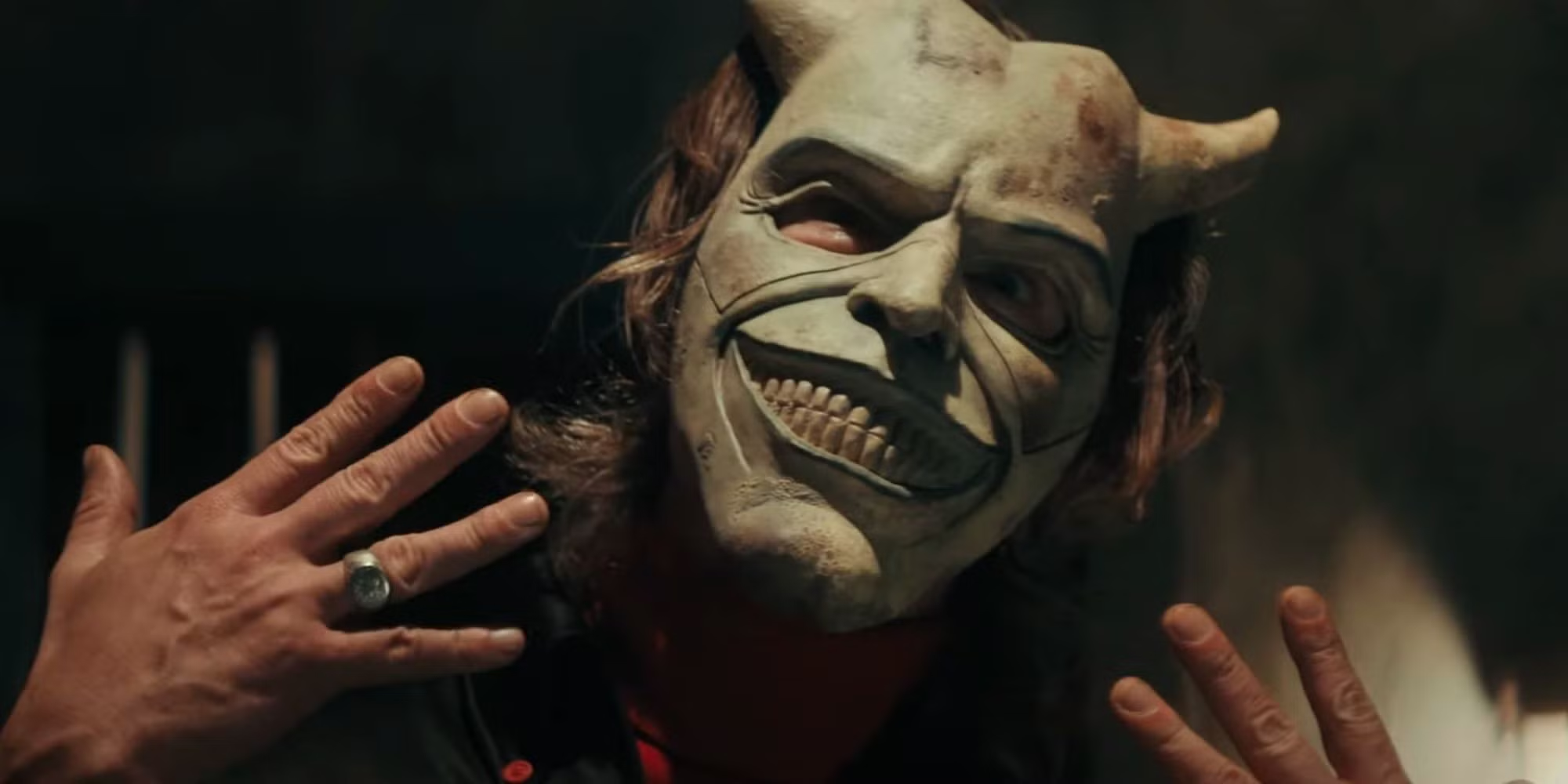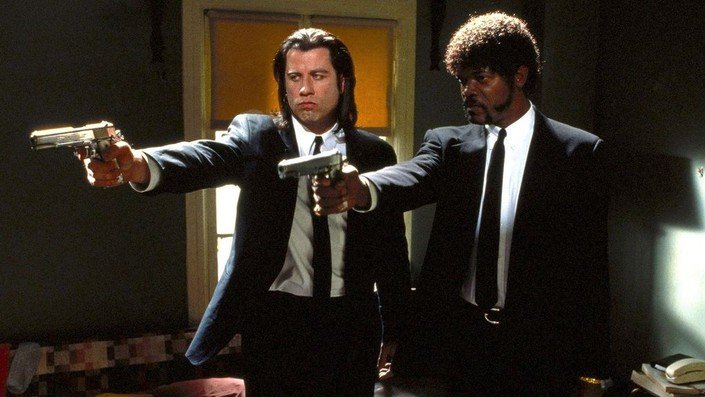
In the realm of horror and suspense, few films have captivated audiences as powerfully as “The Black Phone,” the latest cinematic adaptation of a chilling short story by acclaimed author Joe Hill. Directed by the talented Scott Derrickson, this gripping psychological thriller delves into the dark underbelly of 1970s Denver, where a serial killer known as “The Grabber” has been terrorizing the city’s children.
A Haunting Premise and a Talented Cast
The premise of “The Black Phone” is both intriguing and unsettling. When a young boy named Finney Shaw (played by the remarkable Mason Thames) is abducted by the Grabber (portrayed with chilling intensity by Ethan Hawke), he finds himself trapped in a soundproof basement, with only a disconnected black phone as his sole means of communication. As Finney struggles to escape his captor, he discovers that the phone is not as disconnected as it seems, and the voices of the Grabber’s previous victims begin to guide him towards a desperate attempt at freedom.
The casting of this film is nothing short of exceptional. Ethan Hawke, a seasoned and acclaimed actor, delivers a mesmerizing performance as the Grabber, imbuing the character with a haunting mixture of menace and psychological complexity. His portrayal of the serial killer is both terrifying and captivating, as he navigates the fine line between the Grabber’s outward persona and the twisted darkness that lurks within.
Equally impressive is the performance of Mason Thames, who plays the young protagonist Finney with a remarkable depth and nuance. Thames captures the fear, resilience, and determination of a child thrust into a nightmarish situation, and his emotional journey is a driving force throughout the film.
Exploring the Themes of the Film
At its core, “The Black Phone” is a film that delves into the themes of survival, the power of the past, and the enduring strength of the human spirit. The film’s exploration of the Grabber’s modus operandi and the history of his crimes is both chilling and thought-provoking, as it forces the audience to confront the darker aspects of human nature and the ways in which the past can haunt the present.
The film’s use of the black phone as a conduit to the voices of the Grabber’s previous victims adds a supernatural element to the story, blurring the lines between the physical and the metaphysical. This device not only heightens the tension and suspense but also serves as a metaphor for the ways in which the past can shape the present and the future.
Additionally, the film’s setting in 1970s Denver provides a rich and evocative backdrop, capturing the cultural and social zeitgeist of the era. The attention to detail in the production design, costuming, and cinematography transports the audience to a bygone era, further enhancing the film’s sense of unease and dread.
Strengths and Weaknesses of the Film
While “The Black Phone” is a highly engaging and well-crafted film, it is not without its flaws. One of the primary criticisms leveled at the film is the uneven pacing and the occasional narrative missteps. The film’s attempt to balance the Grabber’s backstory, Finney’s struggle for survival, and the supernatural elements of the black phone can at times feel disjointed, with certain plot points feeling underdeveloped or rushed.
Additionally, the film’s reliance on the trailer to reveal key plot points and set pieces has been a point of contention for some viewers. The trailer’s extensive use of footage from the film can diminish the impact of certain scenes, robbing the audience of the element of surprise and depriving them of the full cinematic experience.
However, the film’s strengths far outweigh its weaknesses. The atmospheric and visually striking cinematography, coupled with the haunting score, create a palpable sense of dread and unease that permeates the entire film. The performances, particularly those of Ethan Hawke and Mason Thames, are truly exceptional, elevating the material and drawing the audience deeper into the story.
The Legacy of “The Black Phone”
In the grand scheme of contemporary horror and suspense cinema, “The Black Phone” is likely to leave a lasting impact. The film’s exploration of the darker aspects of human nature, its blending of the supernatural and the psychological, and its strong performances have all contributed to its critical and commercial success.
Moreover, the film’s connection to the work of Joe Hill, the acclaimed author and son of Stephen King, has further cemented its place within the pantheon of modern horror storytelling. The adaptation of Hill’s short story into a feature-length film has not only introduced new audiences to his work but has also highlighted the enduring power of his unique brand of horror fiction.
As the film continues to captivate audiences and generate discussion, it is clear that “The Black Phone” has the potential to become a cult classic, a film that will be revisited and analyzed for years to come. Its legacy will likely extend beyond the confines of the horror genre, as it grapples with universal themes of trauma, resilience, and the enduring power of the human spirit.
Conclusion
In the end, “The Black Phone” is a film that demands attention and contemplation. Its haunting premise, its talented cast, and its exploration of the darker aspects of the human condition make it a must-see for fans of psychological thrillers and horror enthusiasts alike. While it may not be a perfect film, its strengths far outweigh its weaknesses, and it stands as a testament to the enduring power of storytelling in the realm of cinema.
For those interested in exploring the source material further, be sure to check out the book that inspired the film. And for more content from the creator, be sure to subscribe to their YouTube channel and follow them on X (Twitter) and Instagram. The journey into the chilling depths of “The Black Phone” is one that is sure to linger long after the credits have rolled.
Captivating premise and talented cast
Exploration of themes like survival, the power of the past, and the human spirit
Atmospheric and visually striking cinematography
Uneven pacing and occasional narrative missteps
Potential to become a cult classic in the horror genre


